May 8, 2025
As we age, the importance of estate planning becomes increasingly clear. For seniors in California, having a solid estate plan in place is crucial to ensure your wishes are respected, your assets are protected, and your loved ones are cared for. At Christopher G. Hook, we specialize in helping seniors navigate the complexities of estate planning, tailoring solutions to meet their unique needs. This comprehensive guide outlines the key aspects of estate planning for seniors and why it’s essential to act sooner rather than later. What is Estate Planning? Estate planning involves creating legal documents that dictate how your assets, healthcare decisions, and other critical matters will be handled in the event of your incapacitation or passing. These documents can include: Wills to specify how your assets will be distributed. Trusts to manage and distribute assets while avoiding probate. Healthcare Directives to outline medical preferences. Powers of Attorney to appoint someone to make decisions on your behalf. Why Estate Planning is Crucial for Seniors Seniors often face unique challenges, from managing healthcare costs to preserving assets for their families. Here’s why estate planning is especially important at this stage of life: Protecting Your Assets: An estate plan ensures that your hard-earned savings and property are passed down to your loved ones, not lost to taxes or legal disputes. Avoiding Probate: In California, probate can be a lengthy and expensive process. Establishing a trust allows your beneficiaries to bypass probate, ensuring a smoother and faster transfer of assets. Preparing for Medical Decisions: Unexpected medical issues can arise as you age. With a healthcare directive and a durable power of attorney, you can ensure your medical and financial decisions are handled according to your preferences. Minimizing Family Conflict: Clear estate plans reduce the likelihood of disputes among family members, preserving harmony during emotionally difficult times. Key Considerations for Seniors in California California’s laws add an extra layer of complexity to estate planning. Here are some factors seniors should consider: Community Property Rules: California is a community property state, meaning assets acquired during marriage are typically divided equally between spouses. Your estate plan should account for these laws to avoid unexpected issues. Long-Term Care Planning: California’s high cost of living makes long-term care planning essential. Incorporating strategies like Medicaid planning can help protect your assets while ensuring you receive the care you need. Tax Implications: Although California does not have an estate tax, federal estate taxes may apply for larger estates. Strategic planning can help minimize tax burdens on your heirs. Digital Assets: Don’t forget about online accounts and digital property. Including these in your estate plan ensures your digital legacy is managed appropriately. Common Estate Planning Mistakes to Avoid Even well-intentioned plans can falter if not properly executed. Seniors should watch out for these common pitfalls: Failing to Update Your Plan: Life changes, such as the birth of grandchildren or the sale of property, require updates to your estate plan. Not Designating Backup Beneficiaries: Without backup beneficiaries, your assets could end up in probate if your primary beneficiary is unable to inherit. Overlooking Healthcare Documents: A complete estate plan includes a healthcare directive and a durable power of attorney, not just a will or trust. DIY Estate Planning: Online templates often fail to account for California’s specific laws. Working with an experienced attorney ensures your plan is legally sound and comprehensive. How Christopher G. Hook Can Help At Christopher G. Hook, we understand that estate planning can feel overwhelming, especially for seniors facing unique financial and health considerations. Our team works closely with you to create a personalized plan that meets your goals, whether it’s protecting your assets, reducing taxes, or ensuring your medical wishes are honored. We offer: One-on-one consultations to address your specific concerns. Guidance on selecting the right tools, from trusts to powers of attorney. Regular plan reviews to adapt to changes in your life or the law. Start Planning Today It’s never too late—or too early—to start planning for the future. A comprehensive estate plan provides peace of mind for you and your loved ones, ensuring that your legacy is preserved and your wishes are honored. At Christopher G. Hook, we’re here to guide you every step of the way. Contact us today for a consultation and take control of your future with confidence.









